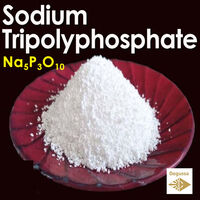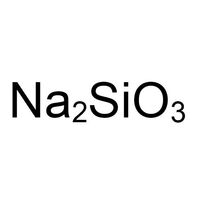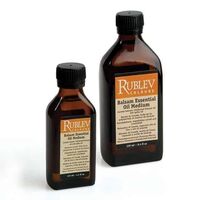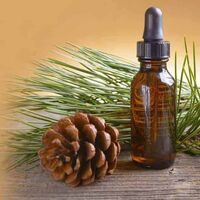What is a deflocculant? Why use a deflocculant? When a material is placed in water, it dissolves evenly. If increased flow is the goal, why not just add water
The treatment of clay by means of a wet grinding and deflocculation process is a widely used technique by the floor and wall tiles ceramic industry.
The advantage of using a deflocculant over water is that the addition of water will alter the shrinkage rate of your glaze. The more water, the higher the shrinkage rate of your casting slip, and high shrinkage is typically not so desirable. The more water, the thinner your glaze application will be, and that may not be so desirable, either.
Sometimes when dry, powdery material is placed in water, it dissolves evenly, creating a homogeneous solution. Other chemicals, however, will not dissolve completely but may form clumps or settle to the bottom. In ceramics, and especially in slip casting, clumps and non-homogenous solutions can be problematic. If you are pouring liquid slip into a mold, you want the mixture to be uniform and to flow well.
The deflocculation process of clay consists of obtaining a slip or clay suspension in water with a high solid content, but at the same time with low viscosity, eliminating the typical plastic behavior of clay. To achieve this objective, the physical-chemical aspect of the clay - water colloidal system is used, adding a deflocculant additive that modifies the electrical properties of the colloid, and therefore, its rheological behavior.
Sodium silicate, also referred to as liquid glass, is another commonly used deflocculant in slip preparation.
Quantity: 40 g. (1,41 oz.)
Form: Liquid
Package: Plastic bottle with a cap
Brand: Heraeus
Country of Manufacture: Germany
R 90 - Ceramic deflocculant additives - made by Heraeus
- Brand: Welte glazes
- Product Code: Additives - Deflocculant - R 90
- SKU: R 90
- Availability: 91
-
1.00€
Related Products
Sodium tripolyphosphate - The Advantages in the Manufacture of Ceramics
Na5P3O10 Sodium triphosphate (STP), also sodium tripolyphosphate (STPP), or tripolyphosphate (TPP)) is an inorganic..
0.59€
Liquid Glass - Sodium silicate Ceramic deflocculant additives
Sodium silicate is the common name for a compound sodium metasilicate, Na2SiO3, and is also referred to as liquid g..
1.00€
Balsamic Turpentine - Thinner (diluent) for Lustre Luster
DescriptionTurpentine (which is also called gum turpentine, the spirit of turpentine, oil of turpentine, wood turpentine..
2.18€
Pine Turpentine - thinner (diluent) for lustre
Quantity: 3 ml. (0,10 fl. oz.) For larger quantity, please contact me. Description: The Turpentine i..
1.99€





